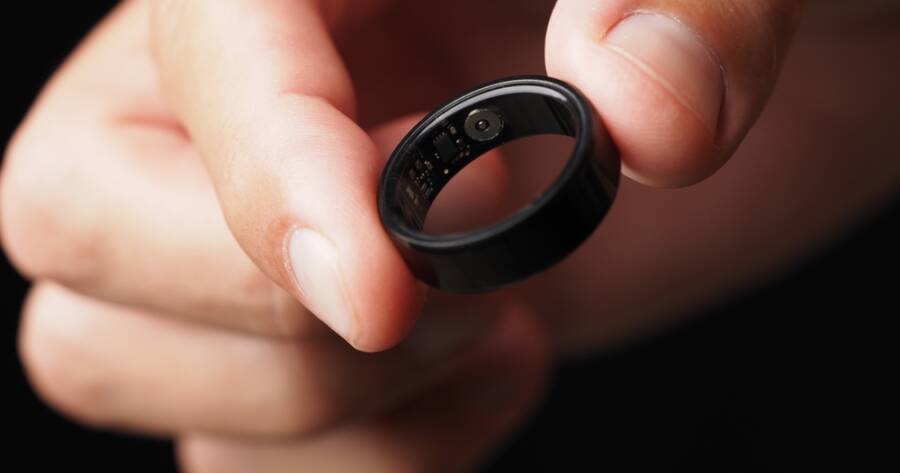In recent years, the fusion of technology with health and fitness has surged, transforming how individuals approach personal wellness. Wearable devices, from smartwatches to fitness trackers, are at the forefront of this revolution. These innovative gadgets have the potential to provide real-time insights into personal health metrics, encourage more active lifestyles, and perhaps even predict certain health issues. With continuous advancements, wearable technology may continue to redefine what fitness and health management look like.
The Evolution of Wearable Fitness Technology
Wearable devices have come a long way from simple pedometers. Today, they encompass a diverse range of devices equipped with sensors capable of tracking steps, heart rate, sleep patterns, and even stress levels. These gadgets offer insight into daily physical activities and aim to motivate users to achieve fitness goals.
The development of wearable technology has been fueled by improvements in data processing and sensor engineering. Early devices focused primarily on counting steps but have progressively integrated features like heart rate monitoring and GPS tracking. Now, some gadgets can even measure oxygen saturation and offer insights into the user’s cardiovascular efficiency.
Such advancements might have the potential to provide users with a more comprehensive understanding of their overall health. However, while these capabilities are exciting, it is important to complement wearable data with professional medical advice for accurate health assessments.
Integrating Wearables with Personalized Fitness Plans
Personalized fitness plans are increasingly popular, leveraging data from wearables to tailor workouts to individual needs. Wearable devices can offer guidance on exercise intensity, duration, and recovery periods based on the user’s health metrics. These devices can potentially help users achieve fitness targets by suggesting variations in workouts and recovery times.
For those aiming to enhance their fitness levels, wearables could offer real-time feedback, alerting users when they might need to push harder or, conversely, when it might be wise to slow down. This personalized approach can perhaps reduce the risk of overtraining, although expert guidance remains crucial to formulating effective fitness plans.
Monitoring Health Beyond Fitness
Wearables aren’t solely for fitness enthusiasts; they might provide broader health insights for everyday users. Devices can track heart rate variability and patterns, offering potential early warnings of health anomalies. Features like sleep tracking can provide users with data on sleep quality, which can be an essential factor in overall well-being.
Emerging technology even includes wearable ECG monitors and glucose tracking devices, which could be beneficial for users managing chronic conditions such as heart disease and diabetes. These features allow users to monitor crucial health metrics continuously and share this data with healthcare providers for more informed consultations.
However, it’s crucial to recognize wearables as complementary tools, rather than replacements for professional health evaluations. While they can help individuals monitor certain health indicators, they should not serve as primary diagnostic tools.
The Role of Artificial Intelligence in Wearables
Artificial Intelligence (AI) is playing an increasingly integral role in processing the myriad of data collected by wearables. These algorithms help in analyzing patterns, offering personalized health insights, and predicting future trends based on past behavior.
AI-powered wearables could offer tailored fitness and health tips, adjusting recommendations based on user habits and goals. Such adaptability may enhance user experience, encouraging more consistent and effective engagement with fitness routines.
However, the success of AI in wearables likely depends on continuous data input from users and improvement in algorithms. The ongoing challenge lies in ensuring data privacy while leveraging AI’s potential to offer personalized wellness solutions.
Ethical and Privacy Considerations in Wearable Technology
As wearables become more sophisticated, ethical and privacy concerns rise to the forefront. The data these devices collect is highly personal, encompassing information about users’ daily lives and health statuses.
Manufacturers and users must navigate the complexities of data ownership, emphasizing transparency in data collection and usage. There is an ongoing need for stringent regulation and encryption methods to protect user data from unauthorized access and breaches.
Opting into health data sharing with healthcare professionals should remain a user choice, balancing the potential benefits of data-driven health insights with the rights to privacy and control over personal information.
A Glimpse Into the Future of Wearable Devices
The future of wearable technology in fitness and health appears promising, with potential expansions into areas such as mental health monitoring and more advanced disease prediction capabilities. Innovations in materials science could lead to more comfortable, discreet devices, further integrating these tools into daily life.
Future wearables might offer modular functionality, allowing users to customize the features most relevant to their health needs. As technology evolves, the merging of wearable devices with other smart technologies could pave the way for a more interconnected fitness and health ecosystem.
Beyond individual use, there are possibilities for larger-scale health monitoring programs that could leverage data collected from wearables to enhance public health understanding and initiatives.
Learn More Today!
Wearable devices have the potential to significantly impact personal fitness and health monitoring. As the technology advances, it becomes capable of providing more comprehensive insights and personalized recommendations. Nevertheless, users should view these gadgets as supplementary tools to inform and enhance fitness routines rather than definitive health monitors.
Despite their promising role in encouraging healthier lifestyles, professional guidance remains invaluable. Balancing innovation with privacy considerations will be key as wearables continue to evolve, potentially shaping the future of individualized health management.

